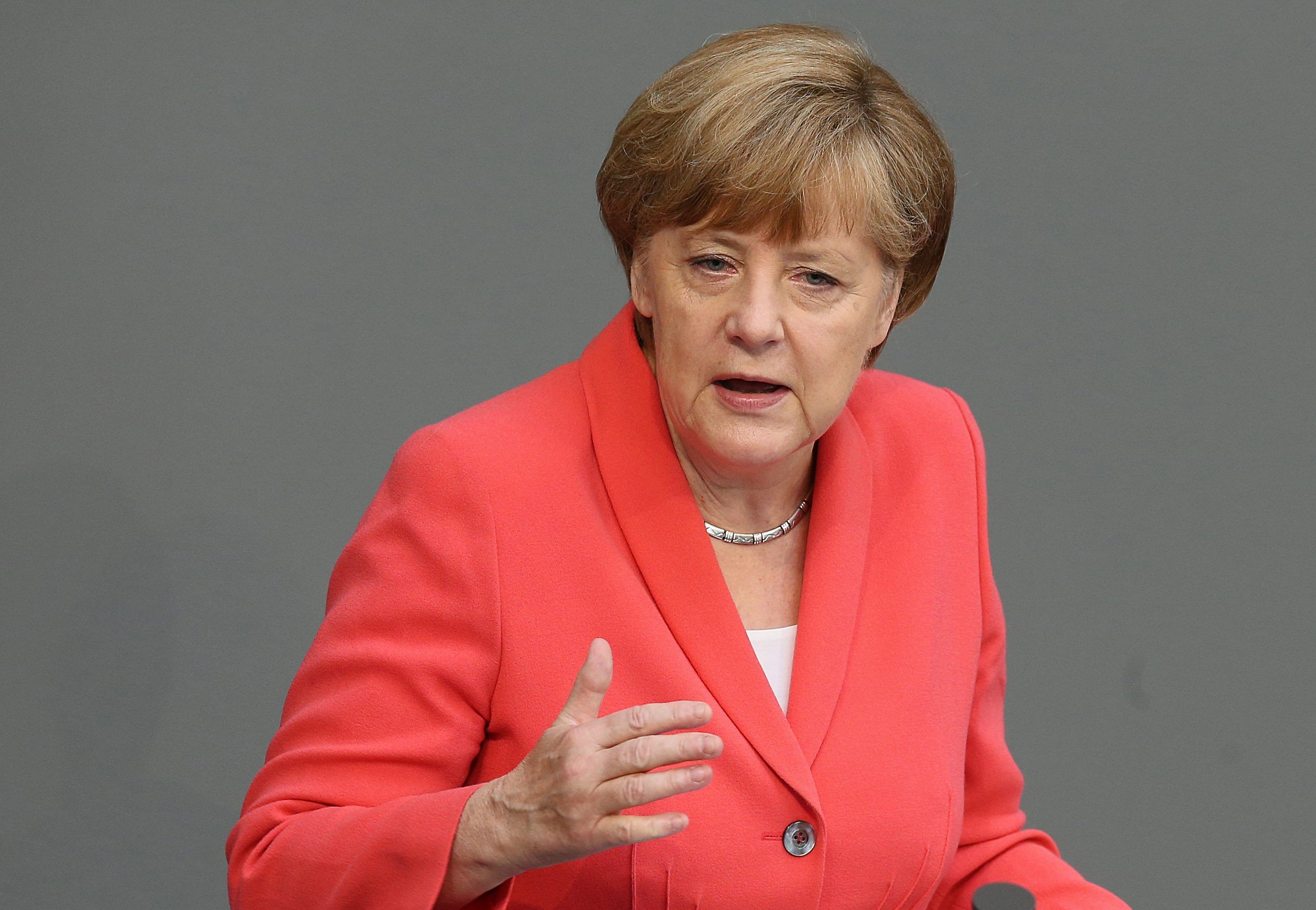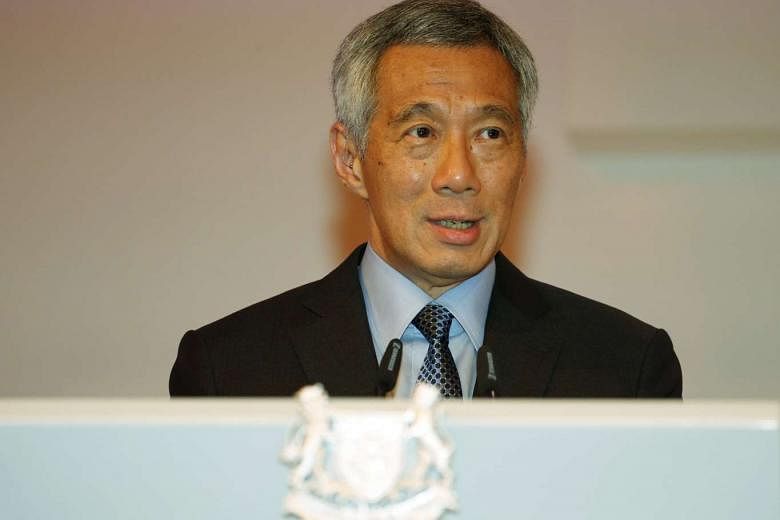SINGAPORE - Prime Minister Lee Hsien Loong was asked by TIME magazine whether a non-Chinese could be the country's PM, and whether Singapore's development experience could be emulated by others. Here are edited extracts of the exchange.
TIME: You talked about the diversity of Singapore; of course, as you have said, it is a majority ethnic Chinese society. Can you see a future in which a non-Chinese could be Prime Minister?
PM Lee: It could be, it depends on the person. You must have the right person - you must have the politics worked out, you must be able to connect both with the Chinese as well as the non-Chinese population. With the new generation, I think chances are better.
Even today, if you go to the constituencies, most of the time, you would be speaking some Chinese. In your markets, certainly, with the old folks, certainly. Even with the younger ones, a significant proportion of them would be more comfortable speaking in Mandarin because that's their home conversational language.
I have young people who write to me in Chinese. I am quite surprised. So on the ground, if you cannot communicate in Mandarin and if they feel you cannot communicate in Mandarin, that's a minus.
Now, I don't make that many Mandarin speeches, but people know that I speak it and when they meet me, they spontaneously address me in Mandarin, I respond in Mandarin. Sometimes, they address me in dialect, I try my best to understand. That's the ground reality.
TIME: Do you think this Singapore approach (to development) should be and can be emulated by other countries?
PM Lee: The political situations are very different; the economic situations are very different. What we can do in Singapore may not be doable elsewhere. Some things you know you need - you want efficient government, you want clean government, you want to do away with corruption, you must educate your people. They are not such secrets, not so special to Singapore. But how you can do it is very difficult and very different.
For example, we have worked very hard to bring together our government, our unions and our employers. We call it a tripartite relationship. It's a bit of an ungainly term, but it means something valuable to us. We bargain, we discuss, but in the end, there is a significant amount of give-and-take and mutual confidence and trust built up... So we have the trust to move forward and when we say we want to unionise a company, it's not a hostile move, it's actually a positive move, it's helpful. I give you one example: casino company Las Vegas Sands. They are not unionised anywhere in the world.
They resisted being unionised here, but the workers were organised. In the end we said: in Singapore, the unions are different. You must understand that here we work together and many companies are unionised, including American ones, and there is a cooperative relationship. They have become unionised and I think it will work out.
We are different. Could you do that elsewhere? Some unionists come to visit us and we show them what we are going to do and they say: Well, when our government behaves like your government, we will behave like your unions. So that will take some time.
PM Lee was also asked who he saw as great leaders, and for his view of Chinese president Xi Jinping. Mr Lee named three leaders he found remarkable: former Brazilian president from 2003 to 2011 Luiz Inácio Lula da Silva, German chancellor Angela Merkel, and the late Saudi king Abdullah, who ruled from 2005 to 2015.
LULA

I would say Lula (Luiz Inácio Lula da Silva) in Brazil was remarkable - very little education, left-wing firebrand, mobilised a nation, became President and was able to not only get people to support him, but actually pursue very sensible policies which promoted growth and development and improved people's lives. He was able to make that transition from being a firebrand and a revolutionary to somebody who can cause growth and development. I met him and I was very impressed.
ANGELA MERKEL

You look at Angela Merkel, she's a very careful politician. She's got many constraints, but she's well-established in her home base and deeply respected outside of Germany and not only in Europe. And if you talk to her, she's not somebody aloof and overbearing. Very personable Frau, but a very capable and steady woman. She knows what she needs to do, she will not cause a revolution, but she knows what she needs to do as Bundeskanzler (Chancellor of Germany).
KING ABDULLAH

I only met King Abdullah of Saudi Arabia once and he was already in his late 80s, but I was quite impressed because you think of this as a society where people scrape and bow. I've seen some other Arab monarchs where people literally scrape and bow and prostrate themselves, but here, I called on him and he had his ministers in attendance and we had a conversation, him with me and then he brought the ministers into the conversation. And I watched them and the ministers addressed him, at most primus inter pares (first among equals).
It was a very easy, confident, relaxed relationship. There's a conversation, there's a respectful response. He was a reformer. He had a lot of constraints, he made reforms within what's possible in the society. To do that at the age of 80-something, that's not easy.
XI JINPING

I think he knows what he needs to do, I don't think he needs either praise or advice from me...
I have met him quite a number of times. I have chatted with him before he became President and then even after, called on him, talked to him sometimes over dinner. He masters his brief, he knows what he wants, and he will discuss many things with you.
When people think of a Communist country with a leader, you will think of somebody like Brezhnev (Leonid Brezhnev) or Tito (Josip Broz Tito). He's not like that.
He's not a pushover at all. He knows what he wants, and there is a curiosity about the world.


